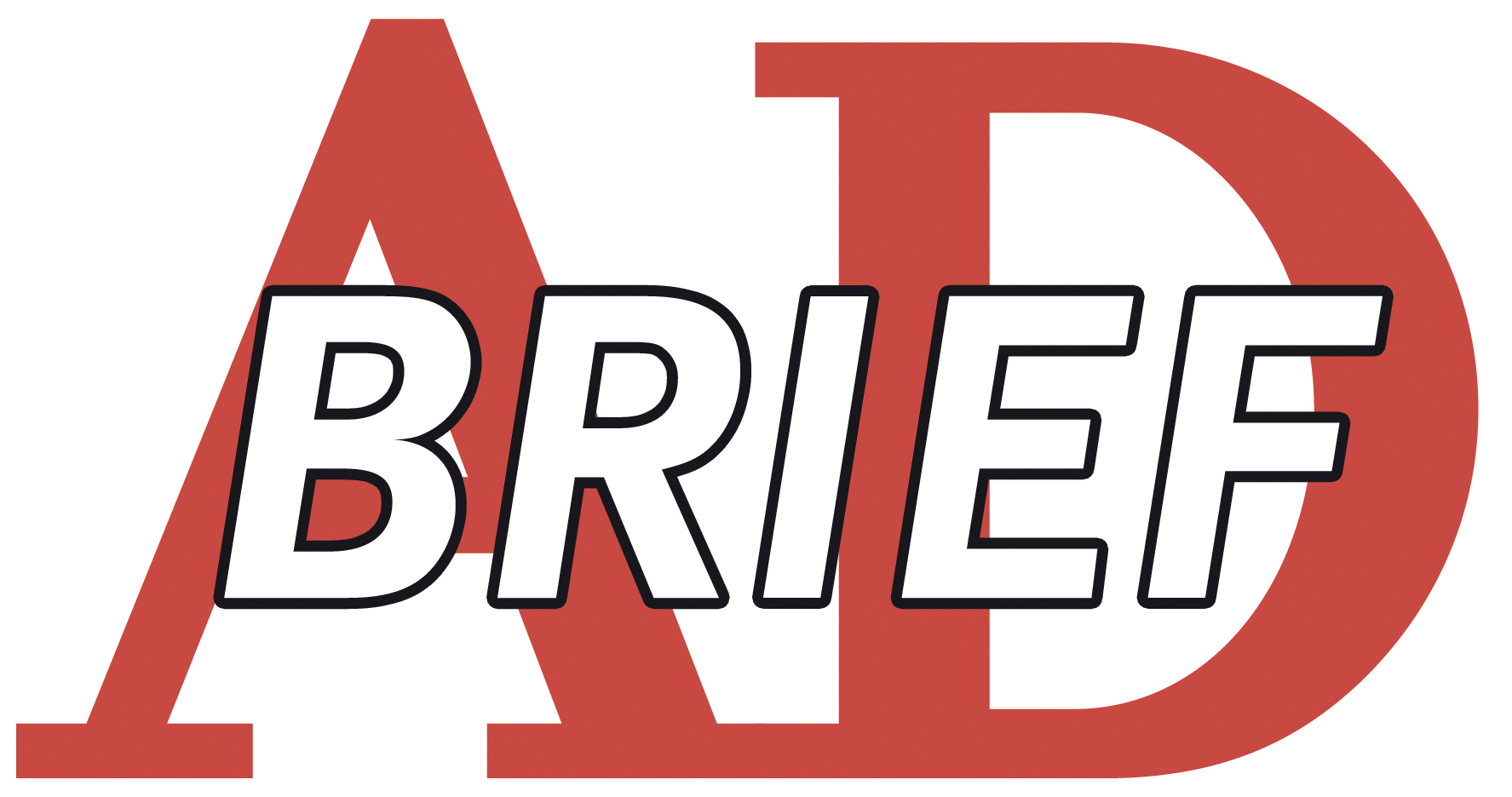Late Venezuelan President Chávez said in 2012 that his country had finally regained its independence from the evil Yankee empire when it signed a total of 8 oil cooperation agreements with Russia. He predicted then that by 2019 Venezuela would be producing 6 million barrels of oil per day. Today oil production which accounts for 90% of the country’s domestic product is about 1,4 million per day. In 2019 it will most likely be below 1 million, making it impossible to reverse the economic and social meltdown that’s taking place.
The love affair between Russia and Venezuela is not only based on oil, but especially on a set of shared beliefs and ideas on how they view the world. Both have an aversion to democratic governance, they like ruling by sidelining opposition candidates and to enrich their inner circles at the expense of the masses. Both have an anti US-stance blaming US sanctions for their economic problems and using them to whip up domestic support. And, as long as Chavismo is the law of the land, Russia will continue making loans in exchange for stakes in Venezuela’s oil and geopolitical influence. So it seems that the worse things get, the more influence Russia gains in Venezuela and the better its chances become to secure a foothold in the whole region.
Nothing pleases Putin more than flexing his muscles in a traditional US sphere of influence, Latin America. Putin may never be able to forgive the US entanglement in the nineties in the violent disintegration of Yugoslavia, Russia’s backyard. Most embarrassing was when the US military ordered the seizure of the airport outside the capital, Pristina to prevent the Russian troop planes from landing.
Chavismo welcomed Russia with open arms since 1999. During the last decades Russia has built a cozy relationship with the Venezuelan army with Venezuela becoming a major purchaser of Russian military hardware, including fighter jets. The Cuban and Chinese influence on the Venezuelan army is also on the rise, while the US has none.
Russia has already made the first attempts to strengthen relations with the ALBA states - a coalition of left-leaning states in the Western Hemisphere, although that alliance’s influence has waned somewhat. Russia, now that President Trump is backing off the Obama’s opening to Cuba, is eager to return to Cuba and its military bases.
Barring a surprise, there will be no change of government via democratic elections. If we are willing to entertain the idea of a military coup against Maduro, like some in the US and elsewhere seem to favor, this could backfire and pave the way for the creation of a Russian satellite with Moscow arming para military groups that support President Maduro. In the event of strong US sanctions against Venezuela, where do we think Maduro will turn to for supplies, capital and technology? Russia is the obvious answer.
Whatever happens, Aruba, Bonaire and Curaçao will remain a stone’s throw away from Venezuela. So far the dialogue about Venezuela here has centered around oil and refugees. It’s not that simple however. Hopefully we are taking the necessary steps to not be caught off-guard.
Alex Rosaria,
Curaçao

